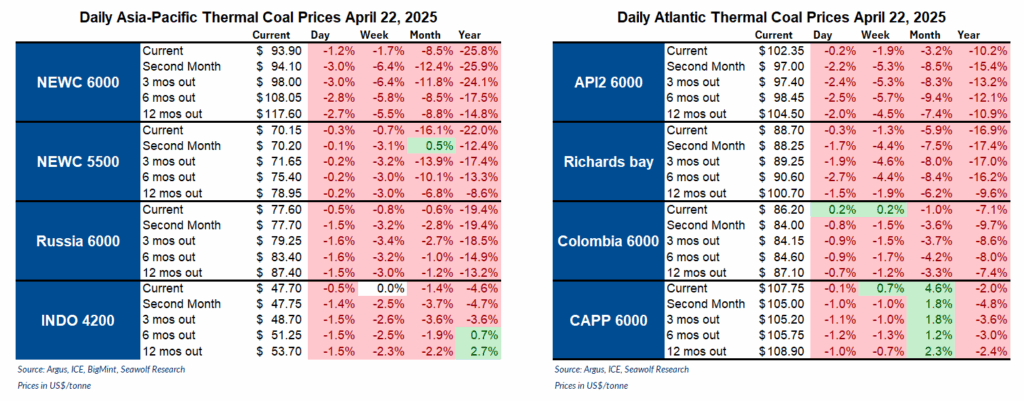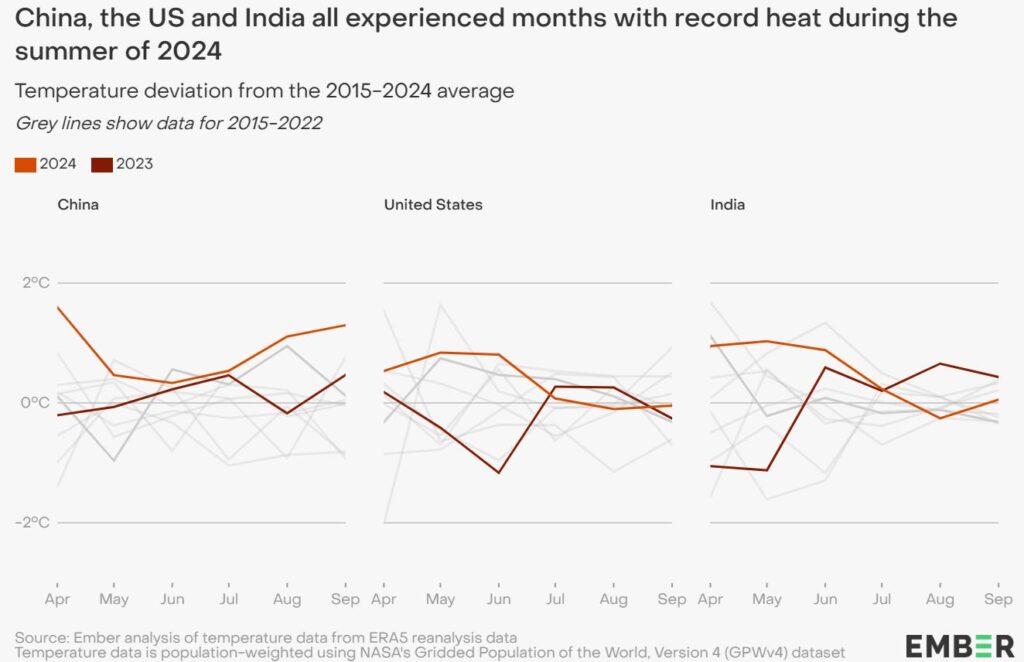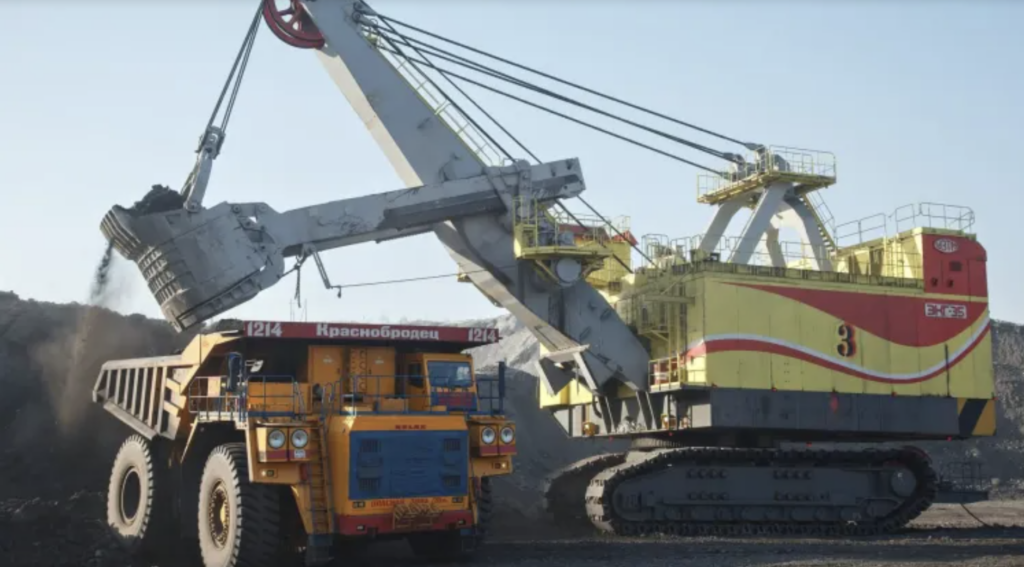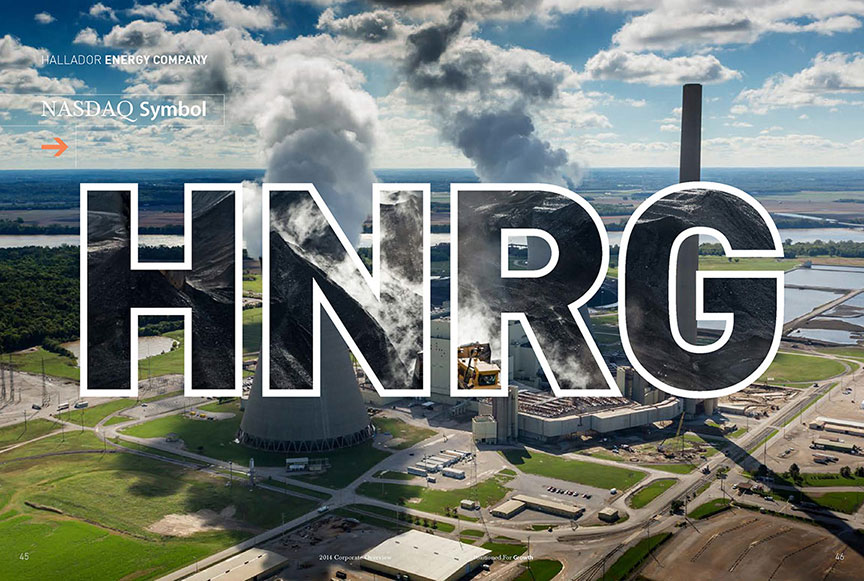Benchmark Pacific Basin coal prices have risen to their highest since the start of the year as concerns of tightening supply – amid efforts to shun sanctioned Russian coal – underpinned prices, market participants said on Thursday.
Broker Global Coal’s Newcastle index, a reference price for high-grade (6,000 kcal/kg) Australian coal, was last assessed at USD 135.05/t, a weekly gain of USD 9.45 and the highest since 1 January. US sanctions imposed last month on key Russian coal exporter, Suek, could see global supply squeezed as Asian buyers shun the company’s material to avoid secondary sanctions.
“You can be hit by secondary sanctions – even if you trade Suek coal in yuan or rupees,” said an analyst with a coal supplier. “If you use US dollars for other transactions, you are subject to potential secondary sanctions.”
Many market participants initially thought the sanctions would see China and India snapping up Russian coal at cheap prices, but “it seems not so evident now”, the analyst said.
“The banks might be a significant roadblock, and it seems big Chinese and Indian companies are not willing to take the risk,” he added.
Wider impact
The sanctions have also triggered gains on Europe’s API 2 market – as well as the South African Richards Bay market – with traders concerned the growing Asian reluctance to take Russian coal would result in heightened competition for alternative supplies, such as from Colombia, the US or South Africa.
“Coal markets made further gains across the three main indices on the back of renewed sanctions on Russian material,” said a broker.
The front-month API 4 contract – which reflects coal for loading free-on-board at South Africa’s Richard Bay port – settled last at USD 105.90/t, its highest since 11 December. One trader active in the South African coal export market said the country was likely to benefit from any reduction in Indian demand for Russian supply.
“Russian coal has been very cheap in India, which was always a South African market [before Russian coal imports to EU countries were banned in August 2022],” he said.
This comes at a time of stock-building in India, the world’s second-biggest consumer of thermal coal. India’s coal imports could reach over 15m tonnes this month, up from 14.5m tonnes in February, showed provisional estimates from DBX, a dry bulk analytics firm. India’s power plant stocks stood last at 46.1m tonnes, up 4.5% on the week and the highest since June 2020, according to the country’s Central Electricity Authority.
“It will be interesting to see how much upside there is left for Newcastle, given that coal and gas are at similar levels in Asia, which spurs competition between the fuels,” said a trader with a Swiss energy company.
Reporting by: Laurence Walker










